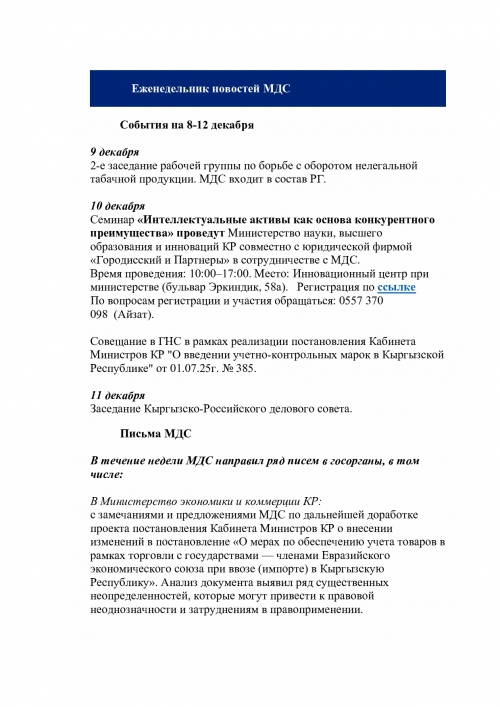News /
IBC news /
KyrSEFF awards the best investment projects in sustainable energy
The Kyrgyz Sustainable Energy Financing Program (KyrSEFF), with the support of the European Bank for Reconstruction and Development (EBRD) and the European Union (EU), held an awards ceremony on December 6, 2018 in Bishkek.

This was to recognize and award the most successful projects for exemplary indicators in the field of energy and water efficiency and contribution in the conservation of the environment.
The main purpose of the ceremony was to show success stories of green investments to a wide range of stakeholders. During the ceremony, leading projects on green financing among households, enterprises and financial institutions that were supported during the second phase of the KyrSEFF (from 2016 to present) were awarded. The 2018 KyrSEFF award ceremony for achievements in the field of efficient use of energy and water brought together representatives from the Kyrgyz Republic Government, ministries and departments, the donor community, embassies and the financial sector, business and the general public.
During the ceremony, 35 winners received honorary diplomas and trophies from KyrSEFF in the nomination categories: “Best practice – leadership by going way beyond the norm”, “Cost effective sustainability solution”, “Highest impact – water ”, “Highest impact – energy, “Highest impact – social and economic”, “Specialist – Agents of Change”, “Best partner bank”, and “The Best Partner of KyrSEFF”.
Since 2014, the KyrSEFF awards have honored the best investment projects and partners in the field of sustainable energy that help to solve energy, economic, social and environmental issues.
Thanks to the cooperation of the KyrSEFF program with partner financial institutions (Demir Bank, KICB, Companion, FINCA, Bai-Tushum, Optima, First IFC), technology suppliers and hundreds of projects aimed at the sustainable development of the country were successfully implemented in the country. Thus, 1,700 projects were financed for a total amount of $36.6 million, where 115 projects in the business sector are worth over $25 million and more than 1,600 projects in the residential sector received investments of more than $11 million. Furthermore, the amount of grants in the two areas amounted to more than 4 million US dollars.
The implementation of these projects resulted in an annual saving of 28,000 m3 of water and a reduction in greenhouse gas emissions totaling 42,000 tons.




























